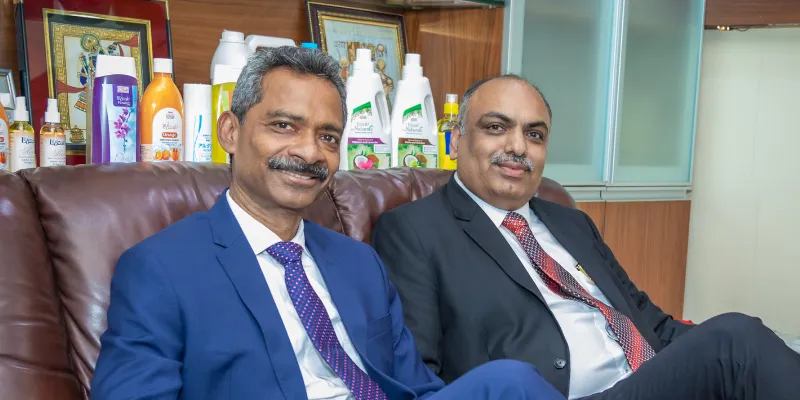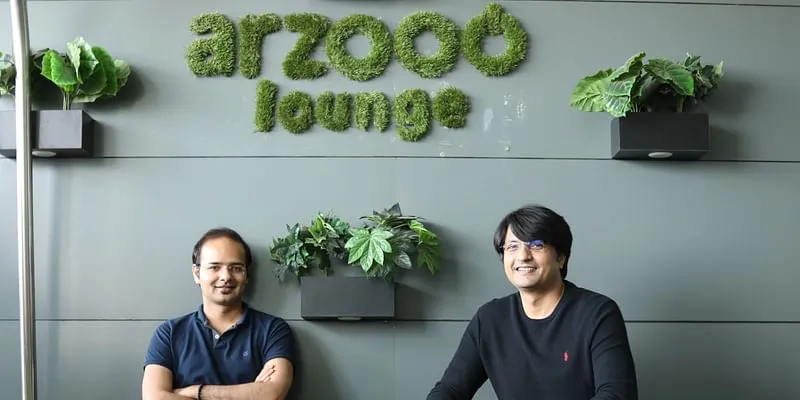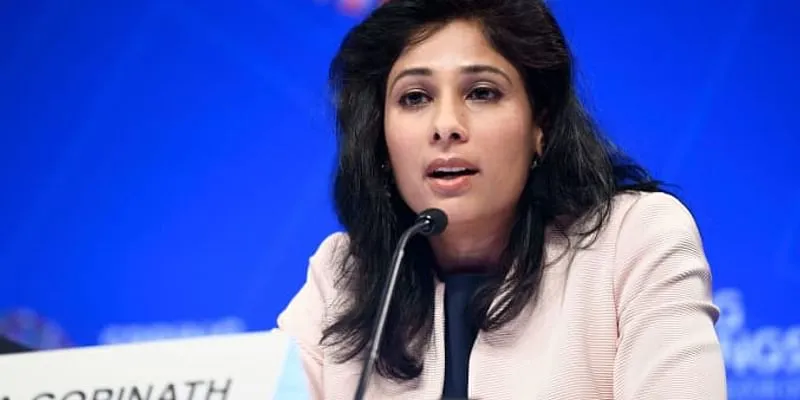Battling the second COVID-19 wave
To help India fight the pandemic, Democracy People Foundation has started an initiative called 'Mission Oxygen' to help hospitals across the country get immediate access to oxygen concentrators.
Good morning!
India finds itself in the middle of the deadly second COVID-19 wave, recording over 3 lakh daily new infections. This has put the entire healthcare system under immense stress, leading to an acute shortage of oxygen.
To help India fight the pandemic, Democracy People Foundation has started an initiative called 'Mission Oxygen' to help hospitals across the country get immediate access to oxygen concentrators.
Led by a group of founders, the initiative has a target to raise Rs 5 crore to procure oxygen concentrators for 14 hospitals, as well as the state governments of Maharashtra and Delhi.
"We're only looking to give these to hospitals, NGOs, and nursing homes — who are actually going to give it out to more number of people," says Rahul Aggarwal, Co-founder of Designhill, in a conversation with Shradha Sharma, CEO and Founder, YourStory.
Earlier this week, Tata Group announced that it is importing cryogenic containers to transport liquid oxygen to ease the shortage in India amidst the second wave of the COVID-19 pandemic. The Indian conglomerate shared that the containers will be imported through specially chartered flights.
Tata Steel also announced that it will supply 200-300 tons of liquid medical oxygen to various state governments and hospitals.
In a similar effort, Mukesh Ambani's Reliance Industries has tweaked the manufacturing at its Jamnagar oil refineries to produce over 700 tons a day of medical-grade oxygen, which is supplied free of cost to states badly affected by COVID-19.
The Interview
The mid to large enterprises have IT landscapes which largely have desktop-based software, with the penetration of cloud SaaS software being just 35 percent. In a conversation with YourStory Founder and CEO Shradha Sharma, Eka Founder Manav Garg highlights how the Bengaluru startup is focused on the “boring” yet “mission critical” areas of enterprises.
Editor’s Pick: Rossari Biotech Ltd
Sunil Srinivasan Chari and Edward Walter Menezes were looking to start a business, supplying Indian speciality chemicals that met the needs of local industries. This led them to launch Rossari in 2003, manufacturing textile chemicals. The company has since diversified into chemicals for the home, personal care, animal health, and nutrition segments. Read more.

Rossari Biotech cofounders Edward Walter Menezes (left) and Sunil Srinivasan Chari (right)
Startup Spotlight
Helping small retail stores to compete with ecommerce giants
While working at Flipkart, Khushnud Khan realised how crucial physical stores are when it comes to high involvement purchases. In 2018, he teamed up with Rishi Raj Rathore to set up Arzooo. The startup aims to empower offline electronic stores by providing them with a larger selection of consumer products at par with online platforms, giving them access to better prices. Read more.

Arzooo Co-founders
News & Updates
- The Finance Ministry's CBIC has directed its field officers to clear all import consignments, including life-saving drugs and oxygen equipment, used in COVID-19 treatment on the highest priority amid a surge in infections across the country.
- The US Chambers of Commerce, lawmakers, and eminent Indian-Americans are reportedly pressuring the Biden administration to ship AstraZeneca and other COVID-19 vaccines along with several life-saving medical supplies to India.
- A Home Ministry official said the four empty cryogenic tanks are being brought to India from Singapore by a heavy lift transport aircraft of the Indian Air Force. The ministry also said it was in talks for the import of high-capacity oxygen-carrying tankers from the UAE.
- Amid the rising COVID-19 cases in Karnataka, the state government has decided to set up makeshift hospitals with ICU and ventilators in Bengaluru and elsewhere, and ordered private facilities to reserve 80 percent of the beds for coronavirus patients.
Before you go, stay inspired with…

“Right now, the emphasis should be on escaping the health crisis by prioritising healthcare spending, on vaccinations, treatments, and healthcare infrastructure.”
— Gita Gopinath, Chief Economist, IMF
Now get the Daily Capsule in your inbox. Subscribe to our newsletter today!







